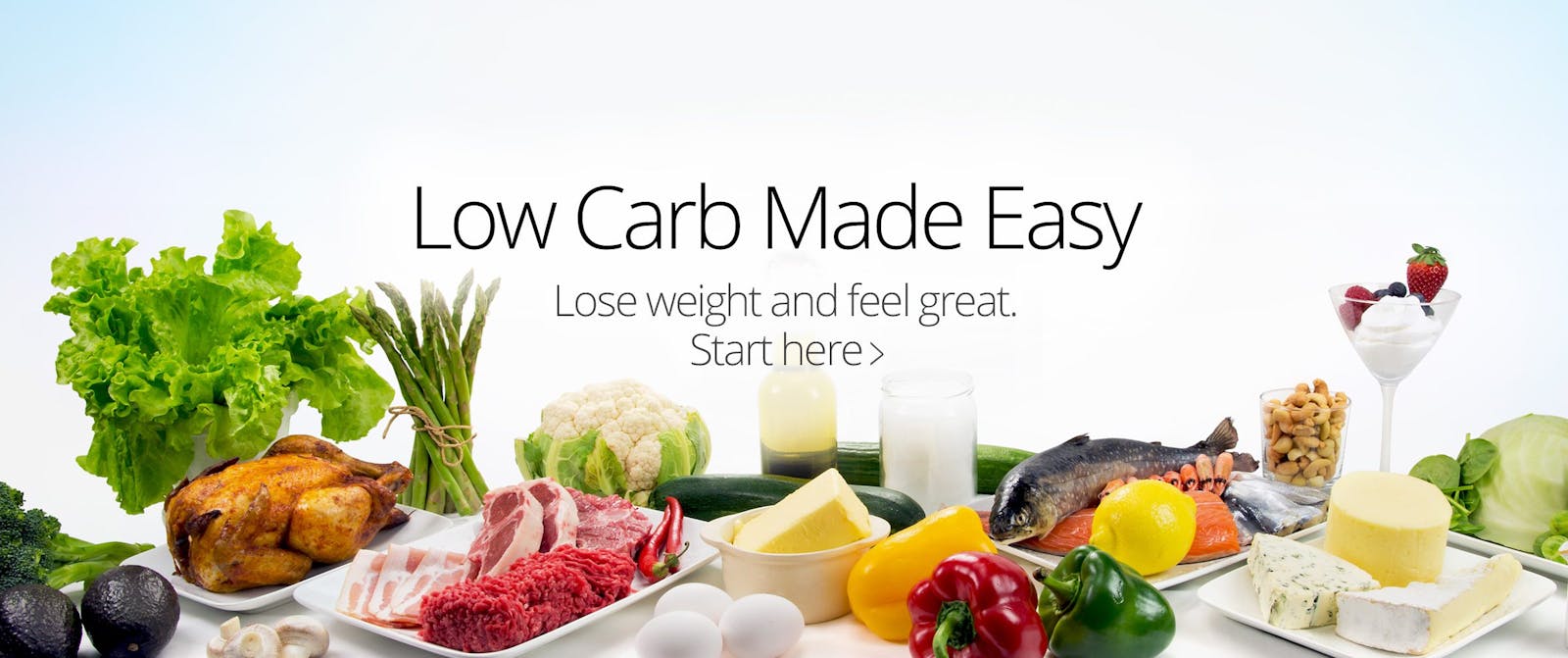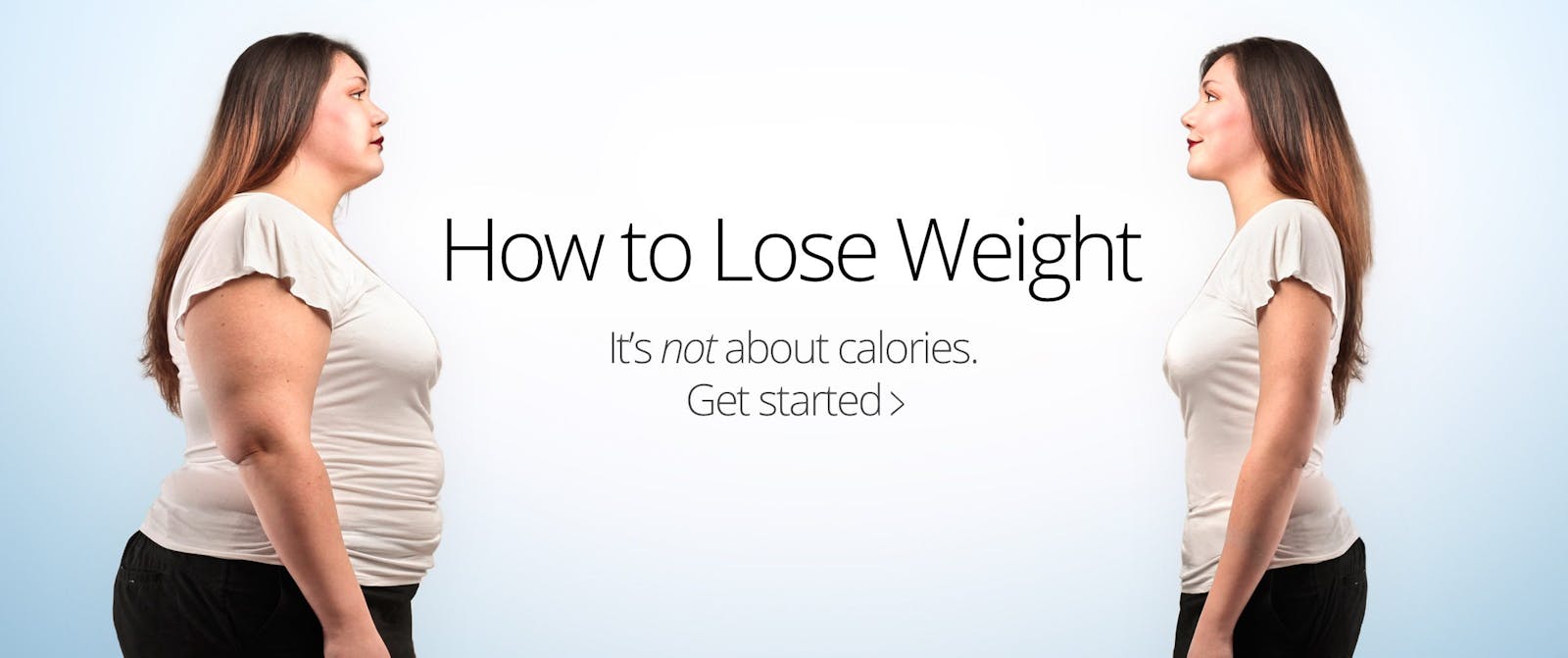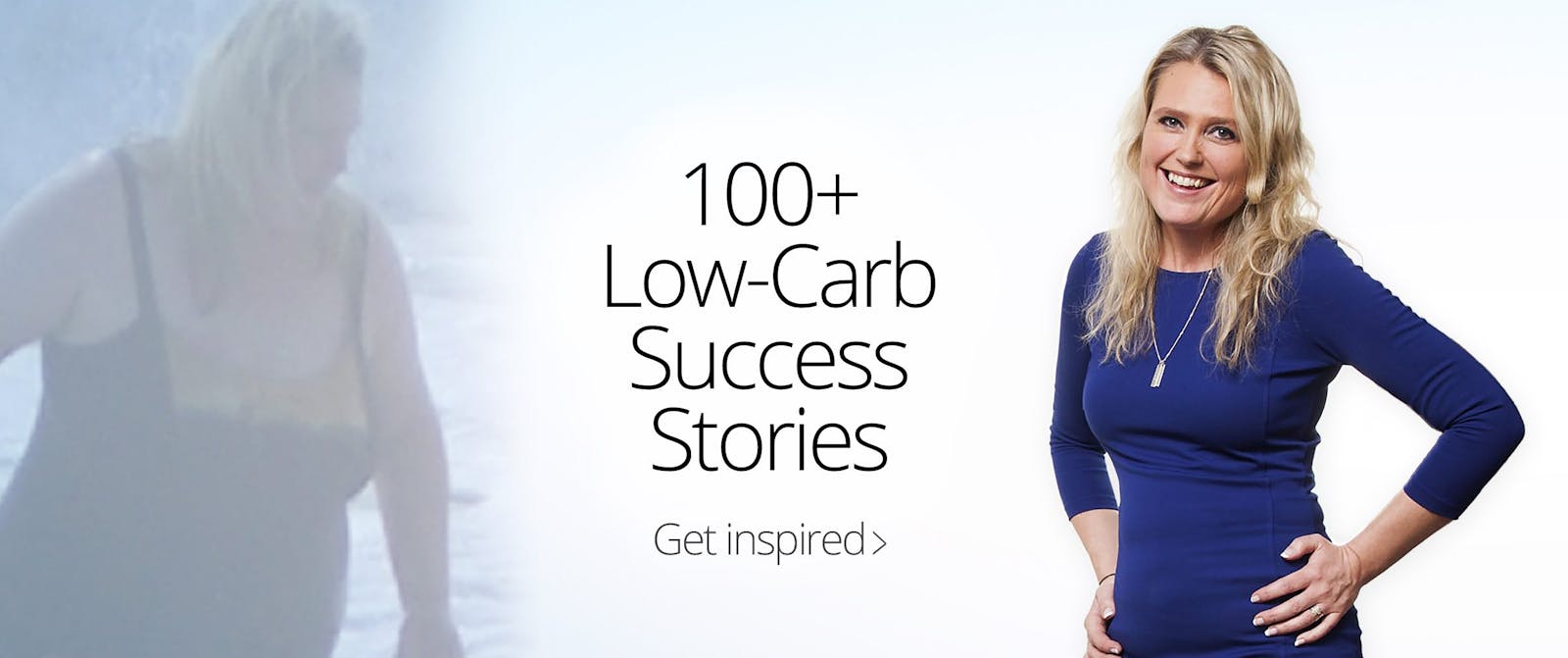
Gallbladder in pink
Do gallstones improve or worsen on a low carb / high fat diet? It’s a common question with an interesting answer.
The gallbladder stores bile, a yellow-green fluid manufactured in the liver. The bile is used to digest the fat you eat. The question is: Is it good or bad for the gall bladder to eat fat?
The conventional fat phobic answer
The usual medical belief today is that fatty food can result in gall stones. This is because what happens if you already have gallstones in the gallbladder and eat fat: A gallstone can get stuck on the way to the intestines and give you a gallstone attack (pain in the top right part of your stomach).
The conventional advice is thus to eat low fat – and take pain killers if you get a gallstone attack. If the attacks continue the gallbladder is removed by routine surgery and the problem usually goes away. Probably with the side effect of slightly decreased ability to absorb fat and nutrients from what you eat (there is a reason we have gallbladders).
The conventional low fat advice rarely makes gallstone disease go away. Instead it often gets worse with time, until surgery is necessary. That is hardly a coincidence.
How to get gallstones
If you eat low fat less bile is needed to digest your food. More bile thus stays in the gallbladder. Long enough, perhaps, for stones to form. It’s been shown that people who (instead of fat) eat more carbohydrates are at increased risk of gallstones.
It all sounds logical. And there is even better evidence. The risk of low fat diets have been tested at least three times:
Studies of extreme low fat diets

- In a study of 51 obese people using an extremely low fat low calorie diet (just one gram of fat a day!) the gallbladder was examined by ultrasound before the diet and after one and two months. After one month four of the 51 participants had developed new gallstones. After two months more than one in four (13 people) had new gallstones! This on an almost fat free diet. Three participants needed to have their gallbladder removed during the study.
- A similar study examined 19 people eating an extremely low fat low calorie diet over 16 weeks. At the ultrasound examination at the end of the study five people (again about one in four) had new gallstones.
- A third study compared an extremely low fat diet with a diet slightly higher in fat during 3 months. More than one in two (6 of 11 people) in the group eating extremely low fat developed new gallstones. Nobody in the group eating more fat did.
Conclusion: Do you want gallstones? Avoid fat.
What happens if you do the opposite?
What if you were to do the opposite of the usual advice? Regularly eat food with fat in it? Then more bile will be used to digest the food. The bile ducts and the gallbladder will be flushed through regularly. Probably no stones will have time to form, and pre-existing stones might (if you are lucky) be flushed out into the small intestine.
The risk is that you will get gallstone pain in the short term – if you already have gallstones.
The question is: Do you want to think short-term (low fat) or long-term (higher fat)?
Does high fat food work?
It’s logical to think that food higher in fat can result in a gall bladder free from gallstones. But as far as I know no study has tested high fat food to people with gallstones.
On the other hand I know quite a few people who have experienced that their gallstone disease disappeared on a LCHF diet. Sometimes at the expense of initial gallstone attacks though.
A Swedish low carb site conducted a survey of its members. 145 people who used to have gallstones answered what happened since they started eating LCHF. Take the result with a huge pinch of salt as this kind of survey gives very unreliable answers:

This survey gives some support to the theory that high fat food can cure gallstone disease.
Gallstones and kidney stones
Patients with kidney stones get better advice. They are told to drink a lot of fluid, increasing the production of urine, so that stones do not have time to develop. If you already have kidney stones this advice could give you a painful kidney stone attack initially – but you are still advised to drink a lot.
The reason why we give the opposite advice when it comes to gallstones might be the obsolete fear of fat. If we were afraid of water instead patients with kidney stones might have been advised to avoid drinking to avoid kidney stone attacks. If they did not improve their kidneys would be surgically removed.
What do you say?
Have you had gallbladder problems? Have you tested a LCHF diet? What happened?
Mer
PS
Another common question is if you can eat LCHF if your gallbladder is already removed. The answer is that this seems to work fine.
Some people without a gallbladder might have to increase their intake of fat gradually to allow their body time to adapt. Otherwise the body might not have time to digest the fat which could result in loose fatty stools initially. However this rarely seems to be a problem.



Wow that was odd. I just wrote an really long comment but after I clicked submit my comment didn’t show up.
Grrrr… well I’m not writing all that over again. Regardless, just wanted to say wonderful blog!
Good day I am so thrilled I found your blog, I really found you by mistake, while I was searching on Bing for
something else, Nonetheless I am here now and would just like to
say kudos for a marvelous post and a all round enjoyable blog (I also love the theme/design), I don’t have time
to read through it all at the minute but I have bookmarked it and also included your RSS feeds,
so when I have time I will be back to read more, Please do keep up
the awesome b.
Howdy! This article could not be written much better! Reading through this article reminds me of my previous roommate!
He continually kept talking about this. I am going to send this article to him.
Fairly certain he’s going to have a good read. Thanks for sharing!
That is a really good tip particularly to those fresh to the blogosphere.
Simple but very precise info… Thank you for sharing this one.
A must read post!